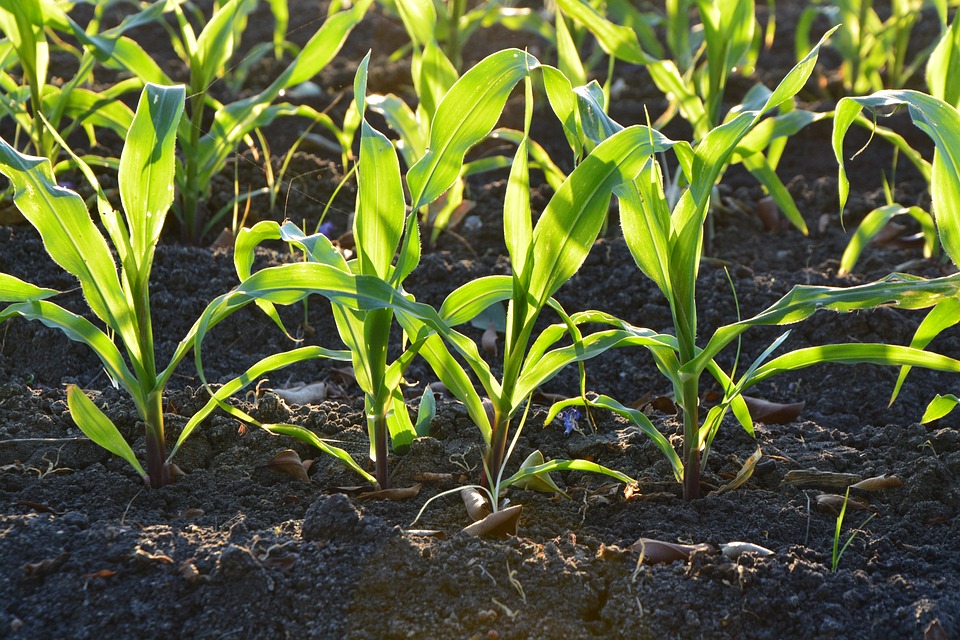Building Resilient Food Systems: Sustainable Farming Methods for a Changing Climate
When I first made the decision to live off the grid and embrace sustainable farming and gardening, I knew it was going to be a challenging yet rewarding journey. Being able to grow my own food and rely on renewable resources has not only allowed me to live a more self-sufficient and fulfilling life, but it has also given me a deeper appreciation for the earth and all it provides. As climate change continues to impact our planet, it has become increasingly important to focus on building resilient food systems through sustainable farming methods. In this article, we will explore some innovative and practical approaches to sustainable farming that can help us adapt to the changing climate and ensure a steady and reliable food supply for the future.
**Understanding Sustainable Farming**
Sustainable farming is a holistic approach to agriculture that focuses on conserving natural resources, minimizing environmental impact, and promoting biodiversity. It goes beyond traditional farming methods and embraces long-term solutions that prioritize the health of the land and the well-being of the community. This approach takes into account the interconnectedness of all living beings and aims to create a balance that benefits both people and the planet.
**Key Principles of Sustainable Farming**
There are several key principles that guide sustainable farming practices. These include:
1. Conservation of soil and water resources
2. Minimization of chemical inputs and reliance on natural alternatives
3. Promotion of biodiversity and ecosystem health
4. Integration of renewable energy sources
5. Support for local and small-scale farming
6. Respect for animal welfare and ethical treatment
Adhering to these principles not only helps to build resilience in our food systems but also contributes to the overall health of the environment and the population.
**Innovative Sustainable Farming Methods**
As the climate continues to change, it is essential for farmers to adapt and innovate their farming methods to ensure food security and sustainability. Some innovative sustainable farming methods that can help build resilience in the face of a changing climate include:
1. Agroforestry: Integrating trees and shrubs into agricultural landscapes can help improve soil fertility, reduce erosion, and provide additional food and income sources. Agroforestry also enhances biodiversity and sequesters carbon, making it a valuable tool in mitigating climate change.
2. Aquaponics: This sustainable farming method combines aquaculture (fish farming) with hydroponics (soilless plant cultivation) in a closed-loop system. It not only produces fish and vegetables sustainably but also conserves water and nutrients, making it a highly efficient and resourceful method of farming.
3. Permaculture: Permaculture is a design system that mimics the patterns and relationships found in nature to create sustainable and productive landscapes. By following permaculture principles, farmers can build self-sustaining ecosystems that provide diverse yields while regenerating the land.
4. Vertical farming: With limited arable land and the growing demand for food in urban areas, vertical farming presents a viable solution. By growing crops in vertically stacked layers, using controlled-environment agriculture techniques, farmers can produce high yields in a small footprint, while reducing water and energy consumption.
**Pro Tips for Implementing Sustainable Farming Methods**
1. Start small and scale up: When implementing sustainable farming methods, it’s essential to start small and gradually scale up. This allows farmers to learn from their experiences, fine-tune their practices, and minimize potential risks.
2. Work with nature, not against it: Sustainable farming methods prioritize working with nature’s processes rather than trying to control or dominate them. Understanding natural ecosystems and how they function is crucial to the success of sustainable farming practices.
3. Foster community collaboration: Building resilient food systems requires collaboration and support from the community. Engaging with local farmers, sharing knowledge and resources, and fostering a sense of collective responsibility can strengthen the resilience of our food systems.
In conclusion, building resilient food systems through sustainable farming methods is not only essential for adapting to a changing climate but also for ensuring a sustainable and secure food supply for future generations. By embracing innovative and practical approaches to sustainable farming, we can contribute to the health of the planet and our communities, while promoting resilience and self-sufficiency. Let’s continue to explore and implement sustainable farming methods that can help us build a brighter and more sustainable future.



